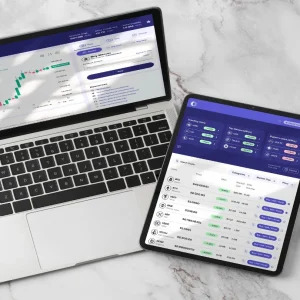<p>The publication of the figures coincides with the Bank of England's launch of a new GBP20 note featuring economist Adam Smith. The study revealed that 63% of everyday payments are still being made in cash, and the GBP20 note is one of the most popular denominations of them all, accounting for 66% of all notes dispensed by British ATMs in the final quarter of 2006. <br /><br />More specifically, the use of cash is most popular for low-value payments, with more than 96% of all payments under GBP5 in value being made with cash in 2006. Retailers are the biggest beneficiaries of cash, despite the ongoing migration to cards from cash and checks. Furthermore, cash is also heavily used on buses, and in pubs and clubs. <br /><br />In terms of the changing trends in the use of cash, 2004 was a landmark year when card payments overtook cash by value for the first time. Although the move from cash to plastic cards has been rapid, over GBP270 billion is spent each year in cash.<br /><br />Although cash is the first choice payment method for low-value transactions, the implementation of more contactless card payment technology is predicted to cause a further decline in cash usage. <br /><br />However, Sandra Quinn, director of communications at Apacs, said: Although the way we are using cash is changing significantly, we expect the likelihood of Britain becoming a cashless society in the foreseeable future to be similar to us all working in paperless offices. We have been using notes in Britain for over 300 years and we expect that we will continue to do so in significant amounts for a long time to come.</p>






